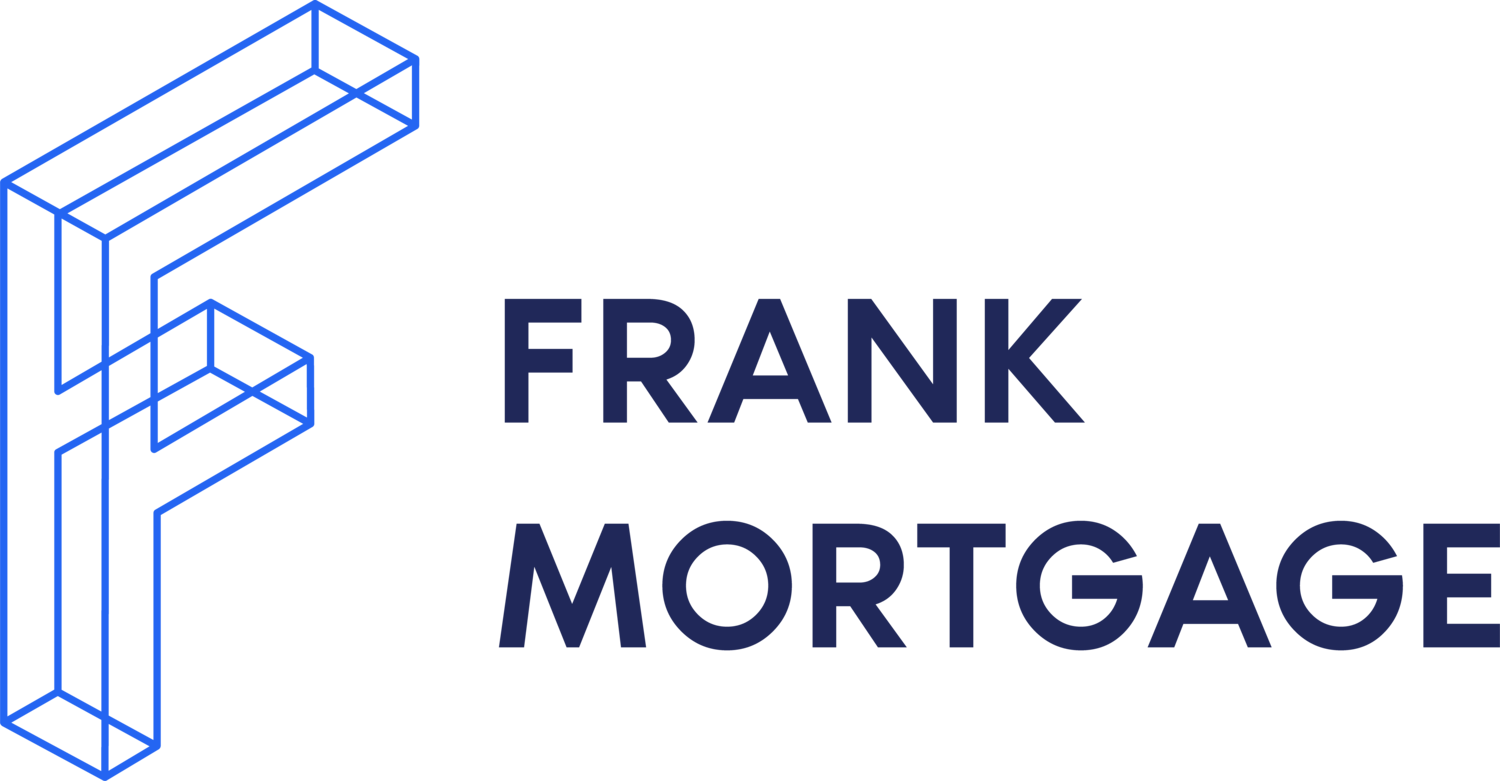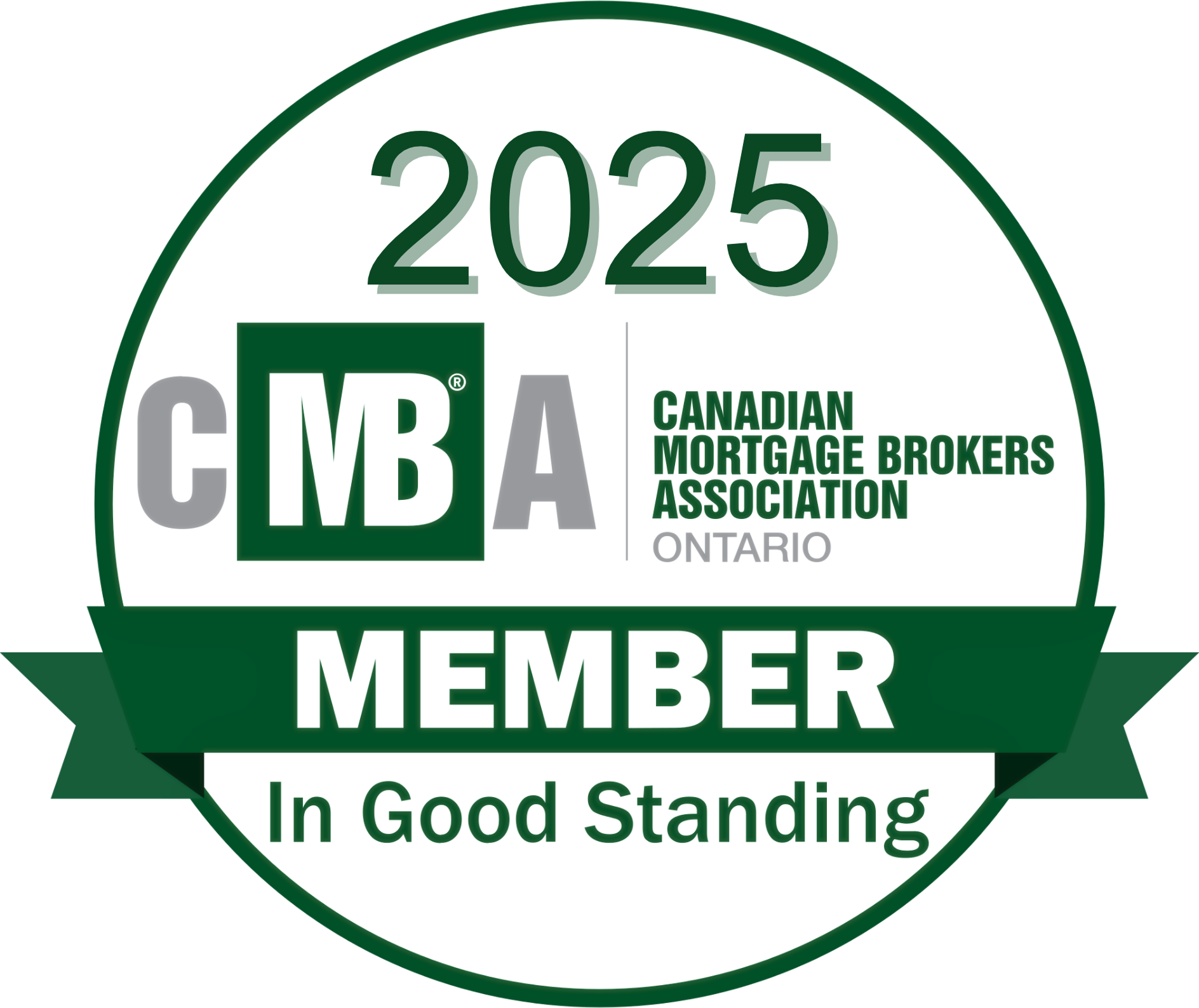Should You Pay Off Your Mortgage Early? The Real Math Behind Mortgage Freedom
Imagine the feeling of owning your home outright, free from monthly mortgage payments. This is the allure of mortgage freedom—a powerful aspiration for many Canadian homeowners keen to reduce their debt faster. Eliminating your largest debt sounds like the ultimate financial goal, and for good reason.
While appealing, paying off your mortgage early isn't always a straightforward decision. It involves some
real financial considerations, and understanding
the real math behind it aligns perfectly with your overall
financial planning.

The "Why": Motivations for Early Mortgage Prepayment
Why are so many Canadians eager to pay down their mortgage ahead of schedule? The reasons are often deeply personal and financially sound:
- Financial Peace of Mind: There's an undeniable psychological benefit to knowing your home is truly yours, with no lingering debt. It reduces financial stress and offers a sense of security.
- Significant Interest Savings: This is often the biggest driver. By accelerating your principal payments, you directly reduce the total interest paid over the entire life of the loan. Over decades, these savings can amount to tens, even hundreds, of thousands of dollars.
- Increased Home Equity: Paying down your mortgage faster means building equity in your home more quickly. This increased equity can provide more financial leverage down the road, should you need it.
Common ways to achieve this include making lump sum mortgage payments, increasing your regular payment amounts, or switching to accelerated payment schedules (like bi-weekly accelerated payments).
The "How Much": The Real Math Behind the Savings
Understanding the impact of mortgage prepayment requires looking at your specific mortgage contract and crunching some numbers.
Understanding Your Mortgage Contract & Privileges
Most Canadian mortgages come with prepayment privileges, allowing you to pay down your principal without penalty. These typically include:
- Annual Lump Sum Payments: Many lenders permit you to make one or more lump sum mortgage payments each year, often up to 10% or 20% of your original mortgage principal, without any penalty.
- Increased Regular Payments: You might also be able to increase your regular mortgage payment amount by a certain percentage (e.g., 10% or 20%) over your scheduled payment.
A Word of Caution: It’s vital to be aware of penalties for exceeding these prepayment limits or for breaking your mortgage term outright. These can include an Interest Rate Differential (IRD) or a penalty of three months' interest, which can significantly offset any potential savings. Always check your mortgage documents or speak with your lender or broker before making large changes.
Illustrative Calculation Examples (Simplified for Clarity)
Let's look at the real math with a hypothetical example:
Imagine you have a $400,000 mortgage at 5% interest with a 25-year amortization.
- Standard Payment: Your monthly payment would be approximately $2,326. Over 25 years, you'd pay roughly $297,800 in interest.
- $10,000 Lump Sum Payment: If you make a one-time $10,000 lump sum mortgage payment at the beginning of your mortgage, you could shave about 1 year and 3 months off your amortization and save over $20,000 in interest!
- Increasing Payments: What if you simply increased your monthly payment by just $100 to $2,426? You'd reduce your amortization by nearly 2 years and save approximately $28,000 in interest.
These examples highlight the incredible power of compound interest working for you instead of against you. Even seemingly small prepayments can have a huge cumulative effect over the long term.
The "Alternative Costs": What Else Could You Do with That Money?
While the idea of saving interest is compelling, smart financial planning means considering the "opportunity cost" – what else that money could be doing for you.
Opportunity Cost of Capital: Investing vs. Mortgage Prepayment
- Investment Potential: Could that extra cash potentially earn a higher return if invested elsewhere? Funds in an RRSP, TFSA, or a diversified investment portfolio might yield more than the interest rate you're paying on your mortgage. For example, if your mortgage rate is 5% but your investments could realistically return 7%, you might be better off investing.
- Risk Tolerance: This decision often comes down to your personal risk tolerance. Mortgage prepayment offers a guaranteed return (the interest you save), while investment returns are never guaranteed.
- Aligning with Financial Planning: Does aggressively paying off your mortgage align with your broader financial goals, such as saving for retirement, a child's education, or another significant life event? Sometimes, diversifying your financial efforts is a stronger strategy.
Prioritizing Other Debts
Before spending all your extra money on your mortgage, consider any other debts you might have. Debts like credit card balances or personal loans often carry much higher interest rates than your mortgage. Eliminating these higher-interest burdens first can be a far more efficient use of your funds.
Maintaining an Emergency Fund
Don’t sacrifice your emergency fund for the sake of mortgage prepayment. Having readily available cash for unexpected expenses (job loss, medical emergencies, home repairs) provides a critical safety net. Without it, you could end up incurring new debt or facing financial hardship down the line. Liquidity is key in financial planning.
Frank Mortgage's Perspective: Making an Informed Decision
At Frank Mortgage, we believe there's no single "right" answer to early mortgage prepayment. The best strategy is always a balanced approach tailored to your individual circumstances, risk appetite, and financial planning goals.
We strongly advocate consulting with a qualified mortgage professional. Our brokers can help you:
- Thoroughly analyze your specific financial situation.
- Understand all your mortgage prepayment options and any associated lender rules.
- Compare the potential savings from prepayment against other investment or debt-reduction opportunities.
- Develop a strategy that truly leads to mortgage freedom in a smart, calculated way that aligns with your overall financial well-being.
Conclusion: Your Path to Mortgage Freedom
Early mortgage prepayment can be a powerful tool for achieving mortgage freedom and realizing substantial interest savings over time. However, it requires careful consideration of the real math involved, understanding your mortgage contract's specifics, and thoughtfully weighing the alternative uses for your money.
True mortgage freedom isn't just about paying off a loan as quickly as possible; it's about making smart financial planning decisions that contribute to your long-term financial security and peace of mind.
Ready to discuss your mortgage prepayment strategy or explore other options for smart financial planning? Contact Frank Mortgage today for personalized, unbiased advice tailored to your unique situation.
https://www.frankmortgage.com/
About The Author

Don Scott
Don Scott is the founder of a challenger mortgage brokerage that is focused on improving access to mortgages. We can eliminate traditional biases and market restrictions through the use of technology to deliver a mortgage experience focused on the customer. Frankly, getting a mortgage doesn't have to be stressful.






